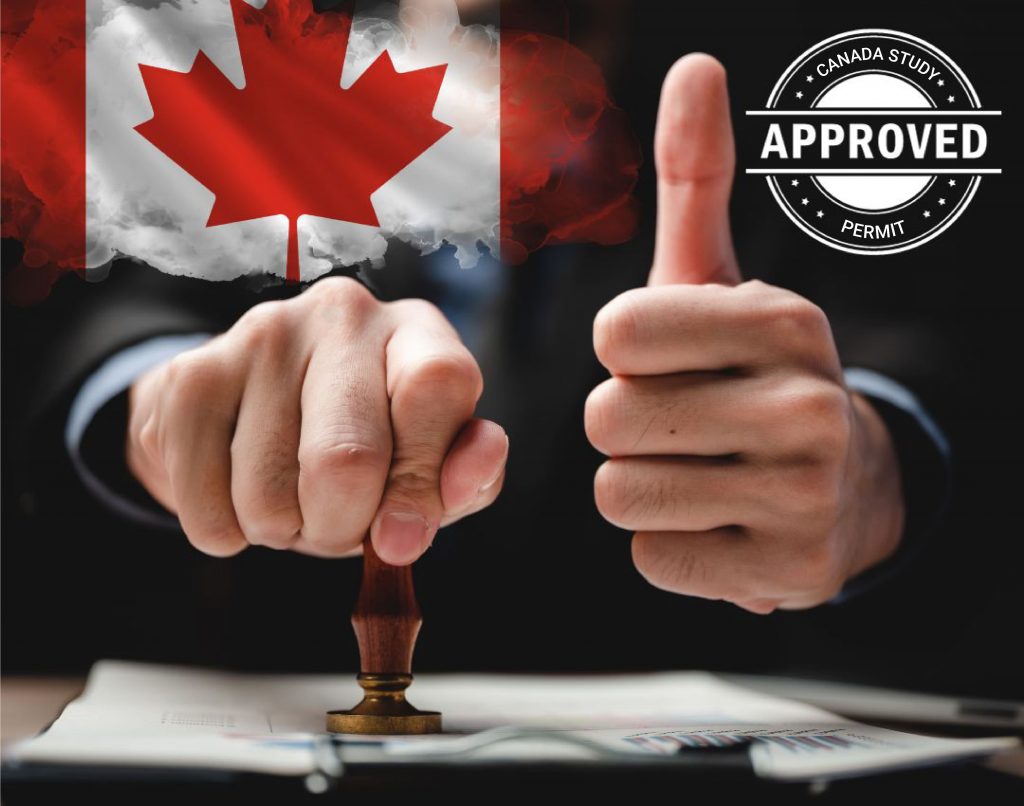A typical day in the life of an international student in Canada begins early with classes at the university, followed by a part-time job at a restaurant, convenience store, shopping mall, or even a gas station. Study hours, library work, meals at the campus, fun hours with friends and housemates, club activities, cultural events, food festivals, theater experiences, nature hikes, and more are thrown in for good measure, ensuring that every student enjoys the wholesome student life that they always dreamed of.
The Canadian student life is quite a charming experience and if you want it for yourself, a reliable and industry-leading visa immigration consultant can make your dream come true. The student visa application process can be a complex one, which is why we recommend hiring a licensed Canada study visa consultant; Can-America Immigration, for instance, is well-versed in the intricacies of visa processing and will provide you with the necessary information and guidance to do the same.
Read our blog: Safeguard Yourself from Admission Scams and Deportation in Canada.
To pursue education in Canada, you need a study permit, which is a document issued by Immigration, Refugees and Citizenship Canada (IRCC) that allows international students to study at a designated learning institution (DLI) in Canada. The first step is to apply to a DLI, which is a university or college in Canada. If they accept you, they will offer a letter of acceptance. Once you obtain the letter of acceptance, you can submit an application to IRCC to obtain a study permit.
Now, let’s dive into the tips that will improve your chances for study visa approval in Canada.
There are several factors that come under consideration for an applicant’s eligibility, and to be accepted, you must ensure that you are a good fit.
- Choose your DLI and program wisely
The DLI of your choice should be authorized by a provincial or territorial government to host international students. In addition, thoughtfully select your study abroad program. The program should be in connection with your previous education and experience. If you have studied a program and worked in a different industry then the program that you choose for your higher studies should be related to your work experience.
- Meet fund requirements
Prove that you have sufficient financial support to cover the first year of tuition, living expenses, and return transportation to your home country.
- Get a police clearance certificate
You must have a clean record, without any criminal background that could appear as a threat to Canada’s safety.
- Obtain a medical report
You may need to get a complete medical exam done to prove you’re in good health.
- Ensure your documentation is clean and complete
Make sure that all the requested documents are complete, there is no missing information, and the information you’ve provided is true.
- Give proper assurance to the immigration officer
The immigration officers must be assured that you’ll meet the terms of your stay. If they spot discrepancies, your application will get rejected. There are many factors immigration officers check, including the intent of your Canadian stay, your choice of study program, gaps in your education or work experience, etc.
Read our blog on Top Reasons for Canada Student Visa Rejection.
Student Direct Stream: A Fast-Track Option
As per the Student Direct Stream (SDS), India is among the 14 countries included in the fast-track option to obtain study permits in Canada. Applications submitted online are usually processed by IRCC within 20 calendar days. However, sometimes delays can be expected. To ensure your application is processed quickly, ensure you meet all the eligibility requirements and submit your biometrics as soon as possible.
The following are the eligibility requirements:
- Be a legal resident living in India (or any of the other countries on the fast-track list)
- Have an acceptance letter from a post-secondary DLI
- Live outside of Canada when you apply
- Have proof you have paid your tuition for your first year of study
- Have a Guaranteed Investment Certificate (GIC) of CAN$10,000
- Have an attestation of issuance of your Quebec Acceptance Certificate (CAQ) from the ministère de l’Immigration, de la Francisation et de l’Intégration (this is only if you’re planning to study in Quebec)
- Get a medical exam before you apply (if you need one)
- Get a police certificate before you apply (if you need one)
- Have your most recent secondary or post-secondary school transcript(s)
- Have the minimum score required for one of the qualifying language tests
You may be expected to provide certain other documents, depending on where you’re applying from.
Must-know Fact
Your study permit does not allow you to enter Canada. For this, you need a visa. You may need a visitor visa or an electronic travel authorization (eTA), which the IRCC will issue you, along with the study permit.
In case of rejection
Fortunately, IRCC does not have an interim period between applications. So, as soon as you are ready, you can re-apply. However, take your time to understand the reason for refusal. Analyze your refusal letter to figure out what went wrong. A licensed visa immigration consultant can help you collect all your refusal details and the visa officer’s notes on your file, analyze them, and guide you in a proper way on how to reapply for your study permit. Once all the specifications have been adjusted, you can reapply. If you feel that there has been a mistake and you meet all the requirements, you can apply for a review of their decision by the Federal Court of Canada.
In case you feel overwhelmed by the process, reach out to Can-America Immigration, a CICC-licensed visa immigration consultancy that also provides study abroad consultancy services. We have a high rate of converting rejected applications and ensuring a comfortable transition and a bright future for Indian students studying in Canada.
For more details on study permit application services, head here.
